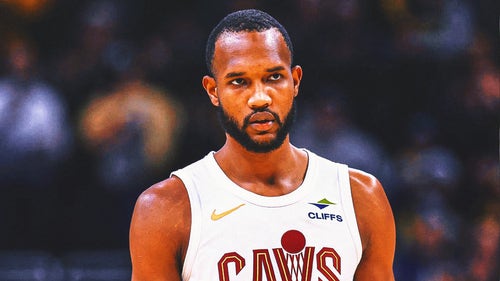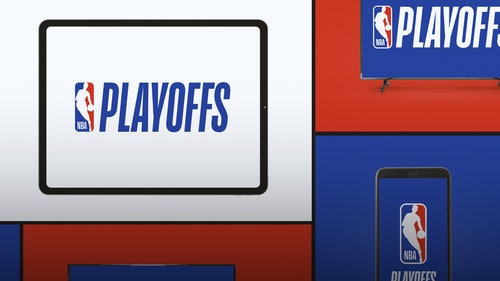
Are Kevin Durant's shooting woes a sign of fatigue?
What is wrong with Kevin Durant?
Over the past 15 years, he’s established himself as one of the best shooters of all time. Over the past five days, he’s shot the Brooklyn Nets out of two playoff games.
Specifically, he went a combined 13-for-41 from the field in Games 1 and 2 against the Boston Celtics, including 7-for-24 in the second halves and 0-for-10 after halftime of Wednesday night’s 114-107 loss.
The nightmarish display is unprecedented from, statistically, the second-best playoff scorer ever behind Michael Jordan.
"I’ve never been more blindsided and shellshocked by the absolute collapse of one man like I was by that man last night," Skip Bayless said on "Undisputed." "Kevin Durant was an all-time disaster last night – it’s not just this series or those two games – this was all time, because I have never seen such a great player widely acknowledged as the best player on the planet, play worse in back-to-back games."
KD's cold fourth quarter puts Nets in 0-2 deficit vs. Celtics
Well, there’s at least one example.
Halfway through the 2011 NBA Finals, LeBron James melted down as the Miami Heat blew a 2-1 series lead to the Dallas Mavericks. In Games 4 and 5. James shot a combined 11-for-30, including 0-for-7 on 3s, while scoring 25 points and committing eight turnovers.
Durant has collected 50 points over the past games, thanks to making 22 of 25 free-throw attempts, but has committed an unseemly 12 turnovers. His offensive struggles, along with those of Kyrie Irving, are the primary reason Brooklyn squandered a double-digit lead in Game 2.
"To see Kevin Durant on the court getting bullied, getting pushed around and not being able to do anything — it is not the same stakes and it is not that level of meltdown — but it is nearly as jarring to me as LeBron in ’11," Nick Wright said on "First Things First." "Where it was like, what is happening here? I’ve never seen this guy play like this."
Wright has only one explanation for why, and it might be spot-on: fatigue. Durant averaged 36.5 minutes through his first 47 games of the regular season. Over the final eight, with the Nets fighting to clinch a play-in berth, the 33-year-old played 41.2 minutes per game. His shooting percentage dropped from 52.3% to 49.4%, with three games dipping below 40%.
"I’ve been saying for the last two months, those 40 minutes a game might be wearing him down," Wright added. "That’s the only possible explanation. The way he is having the ball taken from him is more jarring than the missed jump shots, or even seeing the jump shot get blocked."
To be fair, the Celtics are among the best defensive teams in the NBA. They have the size, speed and length to make Durant work for every shot. Boston has successfully employed double teams on Durant, who’s historically been immune to such methods because of his height and agility. The extra attention was a boon for Bruce Brown, Goran Dragic and Seth Curry, who combined for 57 points in Game 2.
But it’s also making the Nets’ best player uncharacteristically passive.
"Durant is hearing footsteps," Chris Broussard asserted. "You know a guy is hearing footsteps because when they get open looks, they still are worried about the defense. They are in his head with their physical defense."
Brooklyn could soon get a boost in the form of Ben Simmons, who will reportedly make his season (and franchise) debut in Game 4. It likely won’t matter, though, if Durant doesn’t find his shooting stroke first.










